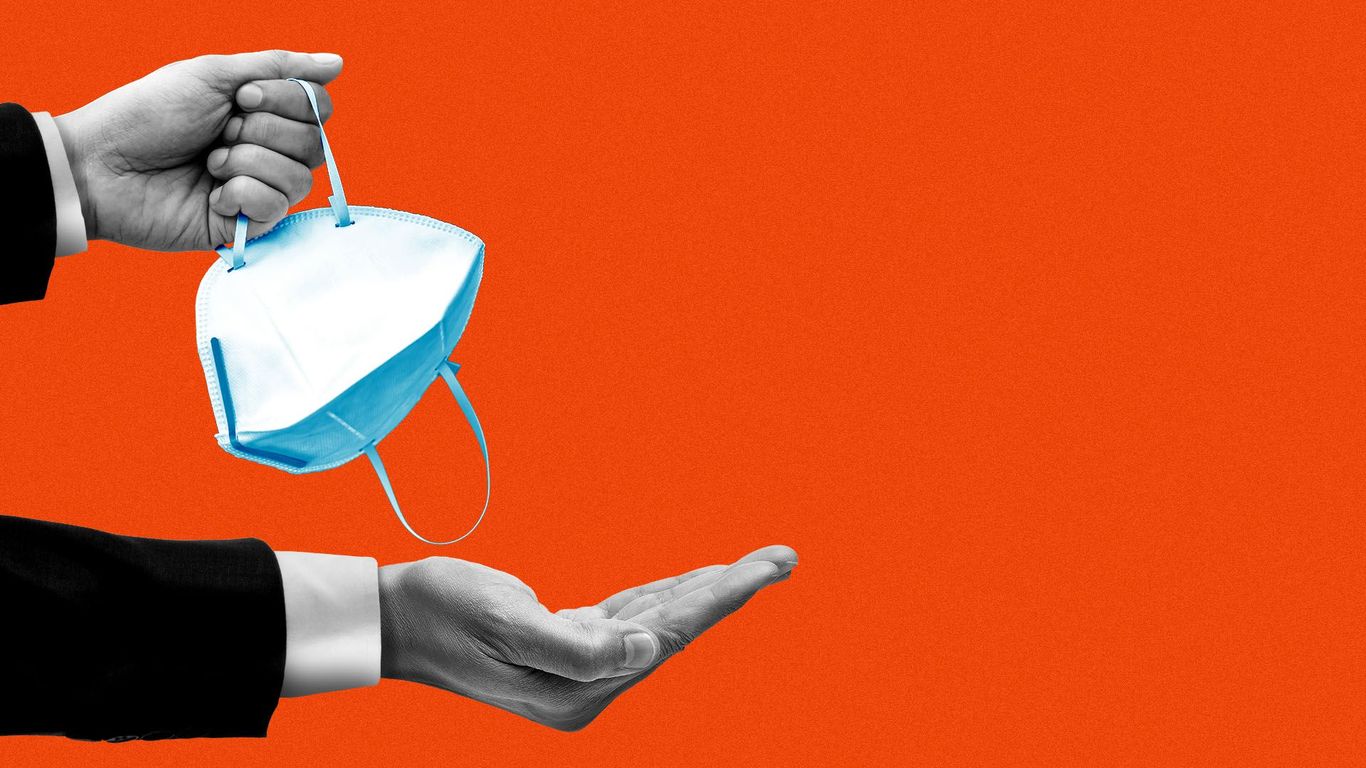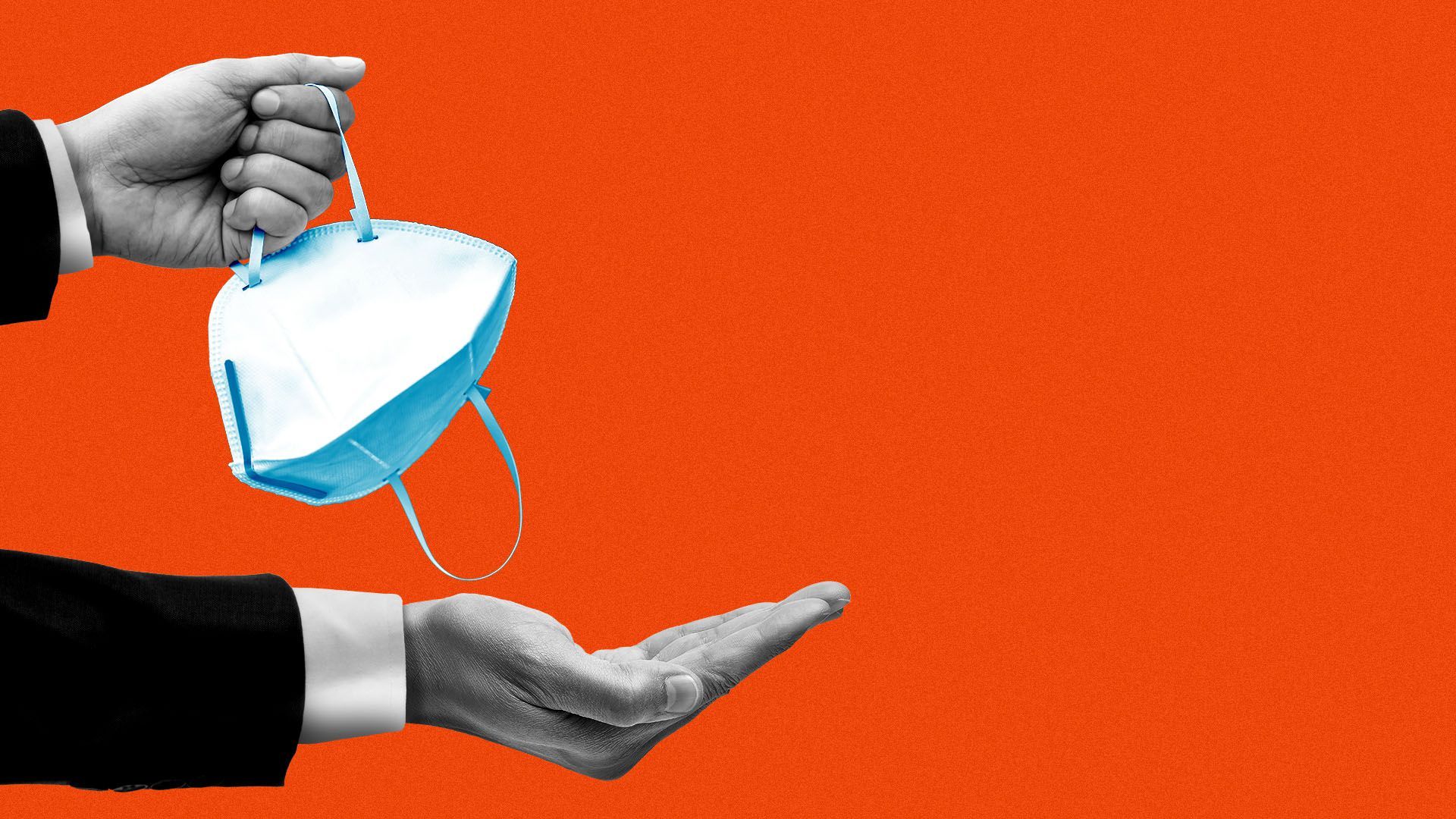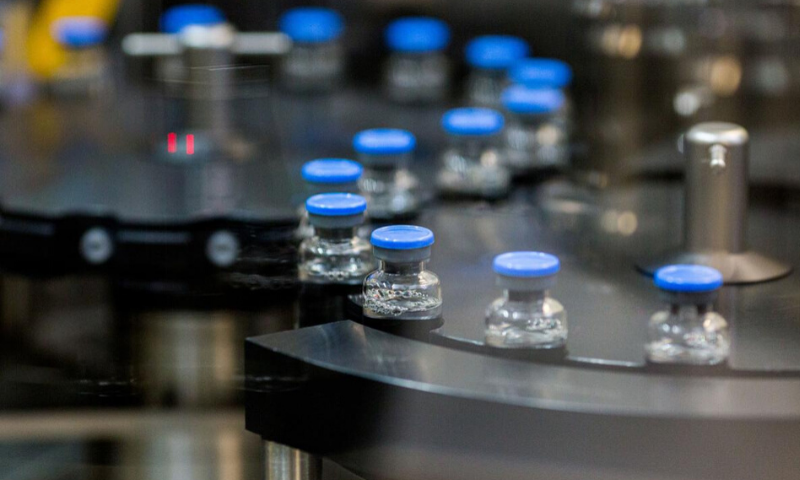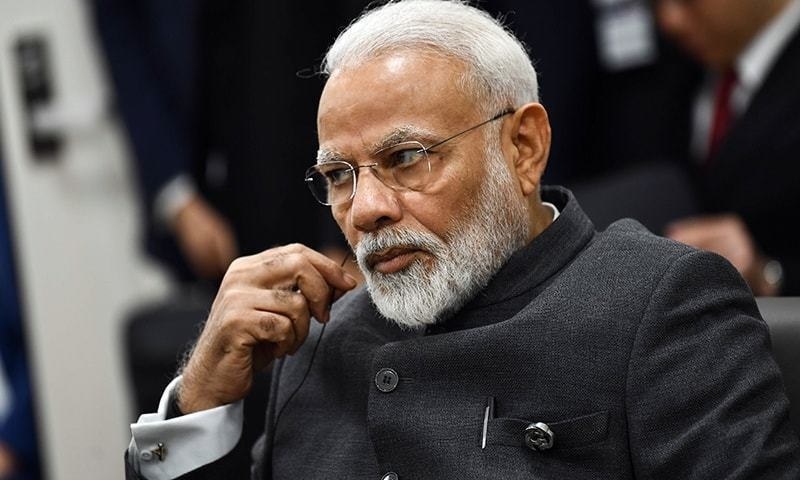This article seems to contradict some other media I had read, it's from the Daily Mail
@Mingle ,
@Falcon29
Bombshell 'Five Eyes' Western intelligence dossier claims China lied about human-to-human transmission, 'disappeared' whistle-blowers and refused to help other countries prepare a vaccine for coronavirus
China lied about the human-to-human transmission of coronavirus, made whistle-blowers disappear and refused to help nations develop a vaccine, a leaked intelligence dossier reveals.
The 15-page document drawn up by the Five Eyes security alliance brands Beijing's secrecy over the pandemic an 'assault on international transparency' and points to cover-up tactics deployed by the regime.
It claims that the Chinese government silenced its most vocal critics and scrubbed any online scepticism about its handling of the health emergency from the internet.
China has roundly come under fire for suppressing the scale of its early outbreak which did not afford other nations time to react before the disease hit their shores.
Five Eyes - the pooling of intelligence by the US, UK, Canada, Australia and New Zealand - laid bare its scathing assessment of the Xi Jinping administration in a memo obtained by the Australian
Saturday Telegraph.
The smoking gun file claims to have found evidence the virus spawned in the Wuhan Institute of Virology, close to the wet market China says it came from, and unearths 'risky' research on bat-related diseases stretching back years.
It describes how Beijing was outwardly downplaying the outbreak on the world stage while secretly scrambling to bury all traces of the disease.
This involved 'destroying' laboratory samples, bleaching wet market stalls, censoring the growing evidence of 'silent carriers' of the virus and stonewalling sample requests from other countries.
The secrecy has fanned a clamour in Five Eyes nations for Western governments to come down hard on Beijing when the pandemic eventually passes.
Tory MP Bob Seely told MailOnline that 'at the end of this when the dust settles it is also clear that there has to be a re-evaluation by the West of its relationship with China'.
In a damning portrayal of a mass cover-up, the bombshell report reveals:
How the Five Eyes alliances lets the English -speaking countries share intelligence
The Five Eyes alliance is an intelligence-sharing pact among the leading English-speaking nations: US, UK, Canada, Australia and New Zealand.
It is one of the most comprehensive pooling of security information in the world and traces its roots to the Second World War, although it was formally founded in 1946.
Its cornerstone arrangement is ECHELON - a mammoth surveillance system operated by the US and used by the other members.
Although the group have largely had shared interests - especially during the Cold War when the Soviet threat level spiked - the agreement has come under strain.
Britain's decision to sub-contract Chinese telecommunications giant Huwaei to build part of the 5G network is a sticking point, with the US voicing concerns and hinting it could jeopardise intelligence sharing.
The Five Eyes dossier paints an alarming image of increasingly authoritarian powers used by Beijing to hide its disease to the wider world.
One of the most critical aspects of the report is of China's lack of transparency over how the disease spreads.
The file points to a 'deadly denial of human-to-human transmission' in the early stages of the the outbreak in Wuhan.
Intelligence gathering reveals China had 'evidence of human-human transmission from early December,' but continued to deny it could spread this way until January 20.
The World Health Organisation regurgitated Beijing's claims despite officials in neighbouring Taiwan and Hong Kong raising concerns, the report says.
Evidence of asymptomatic cases, known as 'silent carriers', was also reportedly buried
But while the Chinese regime were downplaying the threat of the virus on the world stage, it was secretly scrambling to vanish all traces of the epidemic, the intelligence memo claims.
On January 3, China's National Health Commission reportedly ordered virus samples be destroyed and issued a 'no-publication order' about the virus.
As part of a mass 'suppression and destruction of evidence', the state ordered samples of the virus to be destroyed in laboratories while wet market was bleached to extinguish remnants of the disease.
The report reveals China had started censoring news of the virus on search engines from December 31, deleting terms such as 'SARS variation, 'Wuhan Seafood market' and 'Wuhan Unknown Pneumonia.'
Anecdotal reports from the time also suggested Beijing's hand in hiding evidence of the then unknown disease from the web.
The document is also scathing of China's downplaying of the need for other countries to impose travel bans while Beijing officials were simultaneously quaranteeing Wuhan's 11 million citizens.
Underscoring the regime's hypocrisy, the paper says: 'Millions of people leave Wuhan after the outbreak and before Beijing locks down the city on January 23,' according to The Telegraph.
'Thousands fly overseas. Throughout February, Beijing presses the US, Italy, India, Australia, Southeast Asian neighbors and others not to protect themselves via travel restrictions, even as the PRC imposes severe restrictions at home.'
Dossier suggests China's coronavirus cover up dates back to November 2015
November 9, 2015: Wuhan laboratory announces they have created a new virus from SARS-CoV.
December 6, 2019: The first evidence of human-to-human transmission occurs when a wife contracts a pneumonia-like disease after her husband displayed similar symptoms after visiting the Wuhan wet market.
December 27: Beijing announced a new coronavirus which had infected 180 people.
December 31: Chinese state officials start monitoring the internet for searches of the unknown virus.
January 1, 2020: A handful of Wuhan medics raising the alarm bell on the virus are arrested.
January 3: China bans scaremongering about the new virus.
January 10: Chinese official Wang Guangfa insists the outbreak is 'under control'.
January 11: China reported its first coronavirus death.
January 23: Wuhan was put into lockdown.
January 30: The WHO branded the outbreak a global emergency.
February 7: Dr Li Wenliang who spoke out about the virus died after contracting it.
April: Wuhan revises up its cases as other countries wrestle the global pandemic.
Doctors and scientists who tried to raise the alarm about the virus and China's handling of it have also vanished or been punished, according to the documents.
Huang Yan Ling, a researcher at the Wuhan Institute of Virology and thought to be patient zero for the global pandemic, mysteriously disappeared and her biography was deleted from the lab's website.
The institute has denied she was so-called 'patient zero' and said she is alive but she has not been heard from since.
Other whistleblowers including businessman Fang Bin, lawyer Chen Qiushi and former state TV reporter Li Zehua are reportedly being held in extrajudicial detention centers for speaking out about China's response to the pandemic.
The dossier shows some disagreement among the Five Eyes nations over whether the virus originated in the Wuhan lab or the wet market, the Telegraph reported.
It claims the nations were probing the possibility the virus was leaked from the Wuhan Institute of Virology, with several studies led by scientist Dr. Shi Zhengli being cited as concerns in the report.
The dossier outlines that Dr Zhengli and her team have conducted research in the lab into deadly bat-derived coronaviruses, with at least one of the virus samples being a 96 per cent genetic match for Covid-19.
Donald Trump has been leading the Western backlash to China, while Downing Street yesterday said 'there are questions to be answered' of Covid-19's origins.
This week, Trump said he had seen evidence that coronavirus may have been created in the Chinese lab.
'Yes I have. Yes I have,' Trump said when asked if he had seen proof the virus originated in the institute.
He would not divulge what the evidence was that confirmed his suspicions.
In Britain, Number 10 would not be drawn on the specifics of Mr Trump's comments but reiterated its desire for an international probe into the start of the outbreak.
Asked if Boris Johnson agreed with Mr Trump, the Prime Minister's Official Spokesman said: 'There are clearly questions that need to be answered about the origin and spread of the virus, not least so we can ensure that we are better prepared for future global pandemics.
Conservative MP Bob Seely, who sits on the Commons foreign affairs select committee, told MailOnline: 'There is little doubt that China misled the world at a critical early phase of Covid-19.
'Its aggression and threats to others now – both to individuals and countries – is an attempt to hide that.
'It is really clear that we need a reappraisal of our relationship with China. We need to work with China now to solve Covid-19 for the good of our people and the world.
'But at the end of this when the dust settles it is also clear that there has to be a re-evaluation by the West of its relationship with China, both in terms of dependency but also because of the many treaties and agreements and rules that China broke by keeping silent over the true nature of the coronavirus, despite the fact that it was in its early days.
'That breach of trust has come at the cost of tens of thousands of lives in Europe and throughout the world, and a devastating impact on our economy and the lives of people in Britain but also in other Five Eyes and other free states.'
However, Australia has maintained the virus most likely came from the Wuhan live animal market and said there was only a 5 percent chance it came from the lab.
Australia's own connections with the lab were also documented in the dossier, according to The Telegraph.
The Telegraph reported that the Australian government trained and funded key scientists at the Wuhan Institute of Virology, as part of an ongoing partnership between the CSIRO and the Chinese Academy of Sciences.
The team members worked in the CSIRO's Australian Animal Health Laboratory where they carried out research into deadly pathogens in live bats.
It was revealed in April that the Wuhan Institute of Virology had received a $3.7million grant from the US government, and had been carrying out research on bats.







